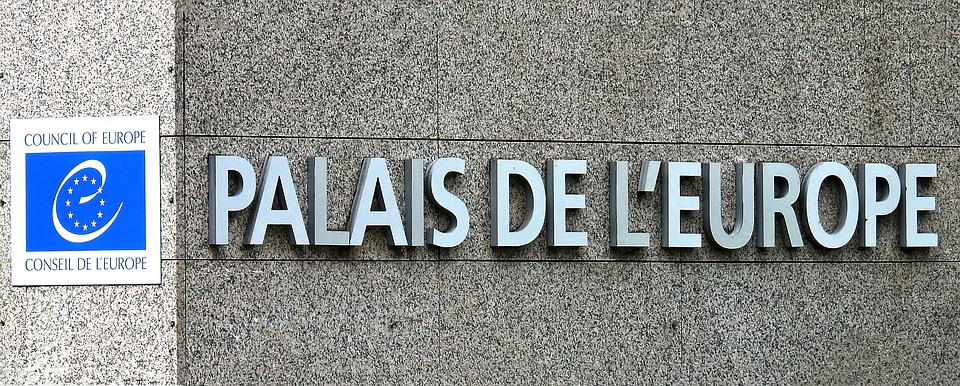The paper examines the relevance of Ian Manners’ ‘normative power Europe’ concept and argues that the concept benefits from its closer integration into the general norm diffusion literature in international relations. The paper emphasises that the European Union’s capability of having an impact on what is considered to be the normal thing to do in states closest to its borders is linked to how the EU itself and the norms that it promotes are perceived in these countries. The European Union, however, faces a dilemma of the elasticity of the norms that it promotes. A high level of elasticity of the social norms is necessary for these to be successfully internalized into a new context, but at the same time this elasticity of the norms risks undermining the substantial importance of the norms while they can be watered down beyond recognition. What is crucial for the outcome of the norm diffusion is therefore how the localization process takes place, in other words how domestic actors reinterpret and reformulate EU promoted norms. The paper refers to case studies of how EU norms are perceived and received in three different countries: Estonia, Turkey and Bosnia and Herzegovina. They have been selected because the first country has been long an EU member state, the second a formal candidate country, and the third country has applied for EU membership but not yet been granted the candidate country status.


